Humanities Chapter 17 Quiz: Romanticism/ Realism
1/19
There's no tags or description
Looks like no tags are added yet.
Name | Mastery | Learn | Test | Matching | Spaced |
|---|
No study sessions yet.
20 Terms
Gericault, Raft of the Medusa
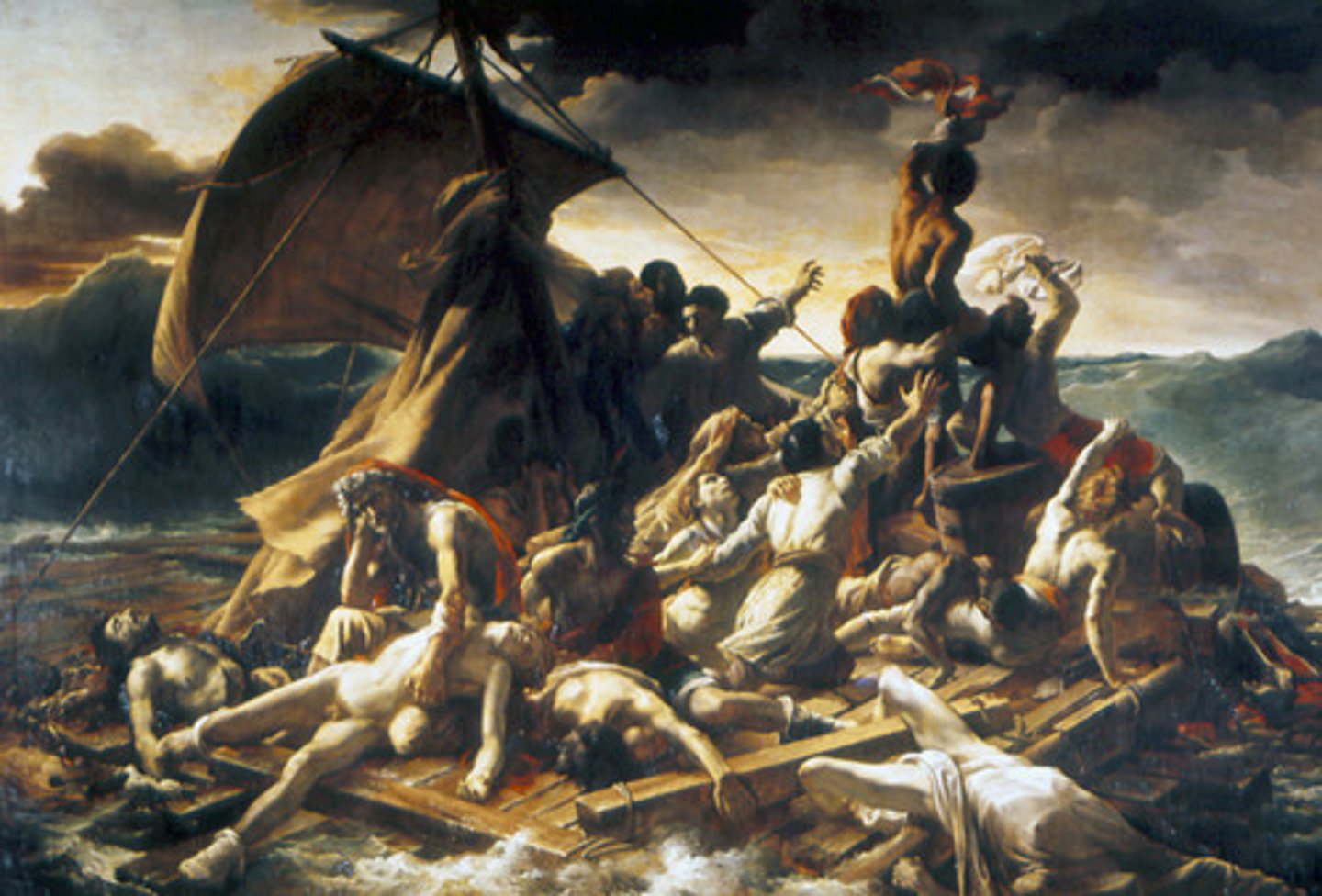
Goya, The Third of May 1808
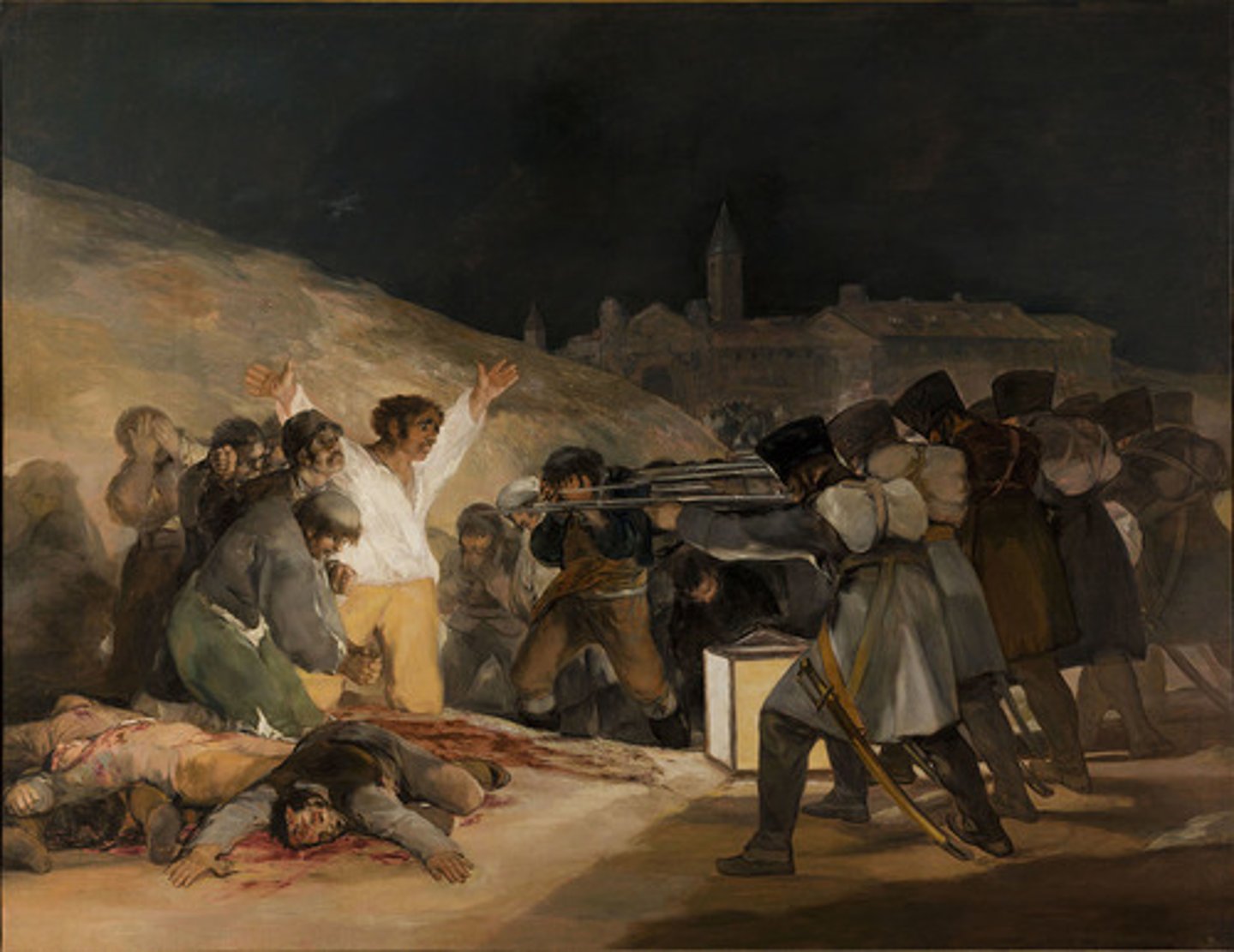
Delacroix, The Twenty-Eighth of July: Liberty Leading the People
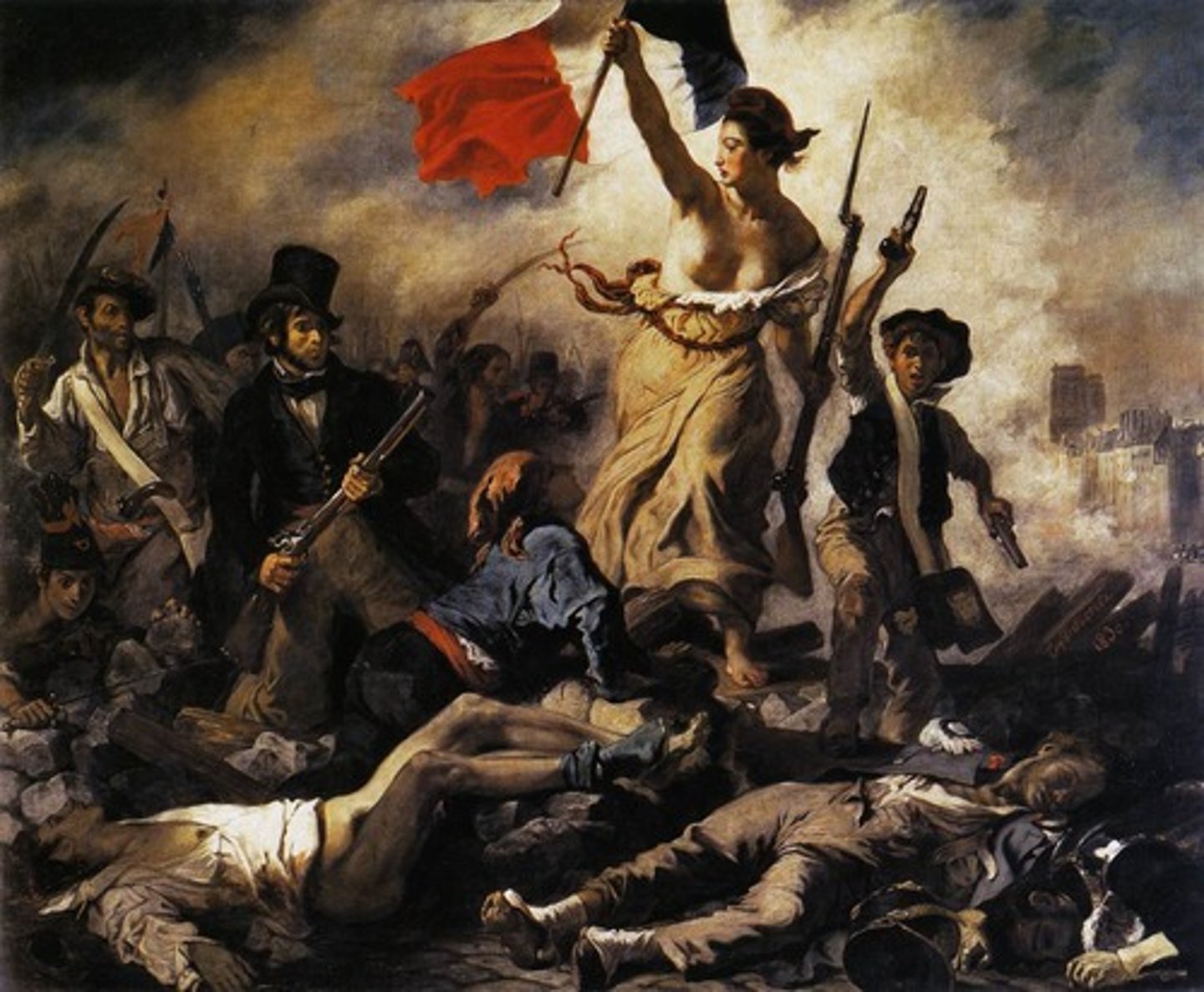
Courbet, Burial at Ornans
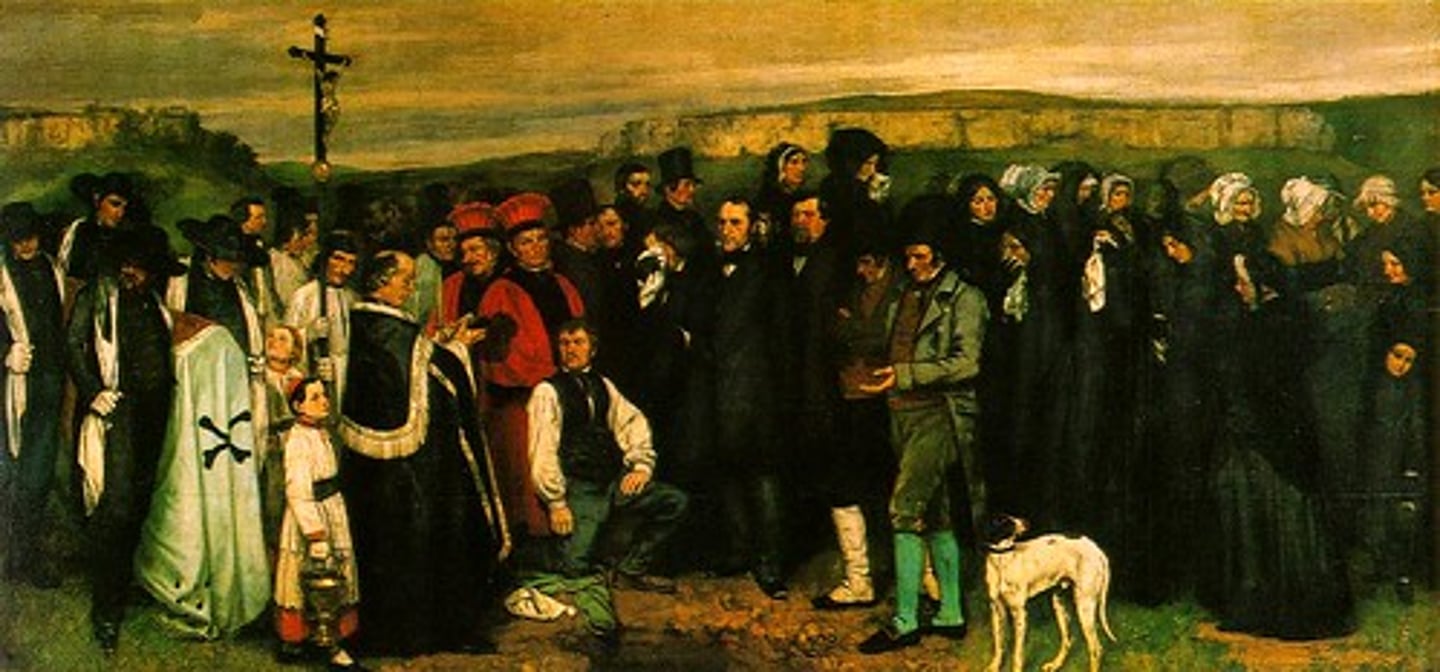
Ingres, La Grande Odalisque
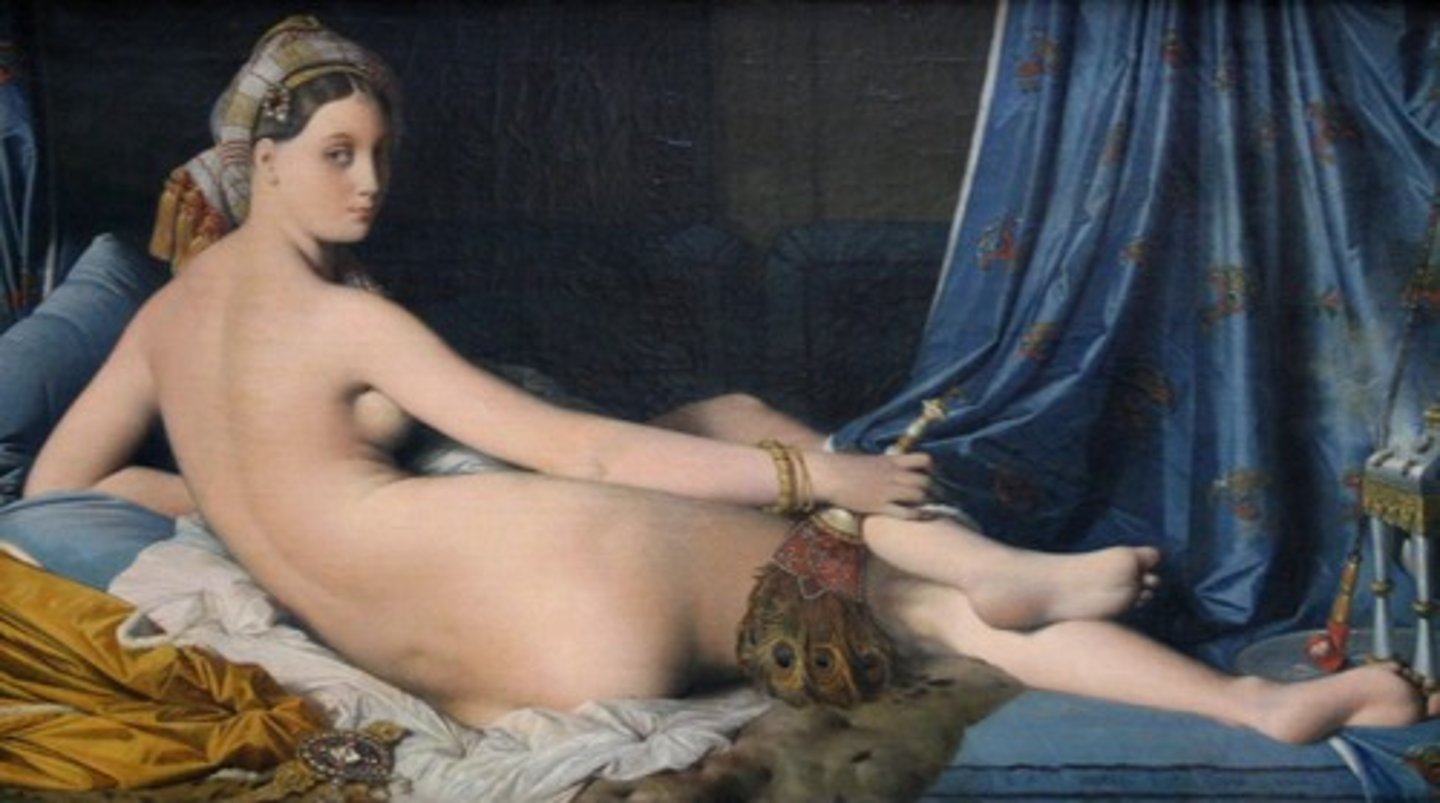
Manet, Luncheon on the Grass
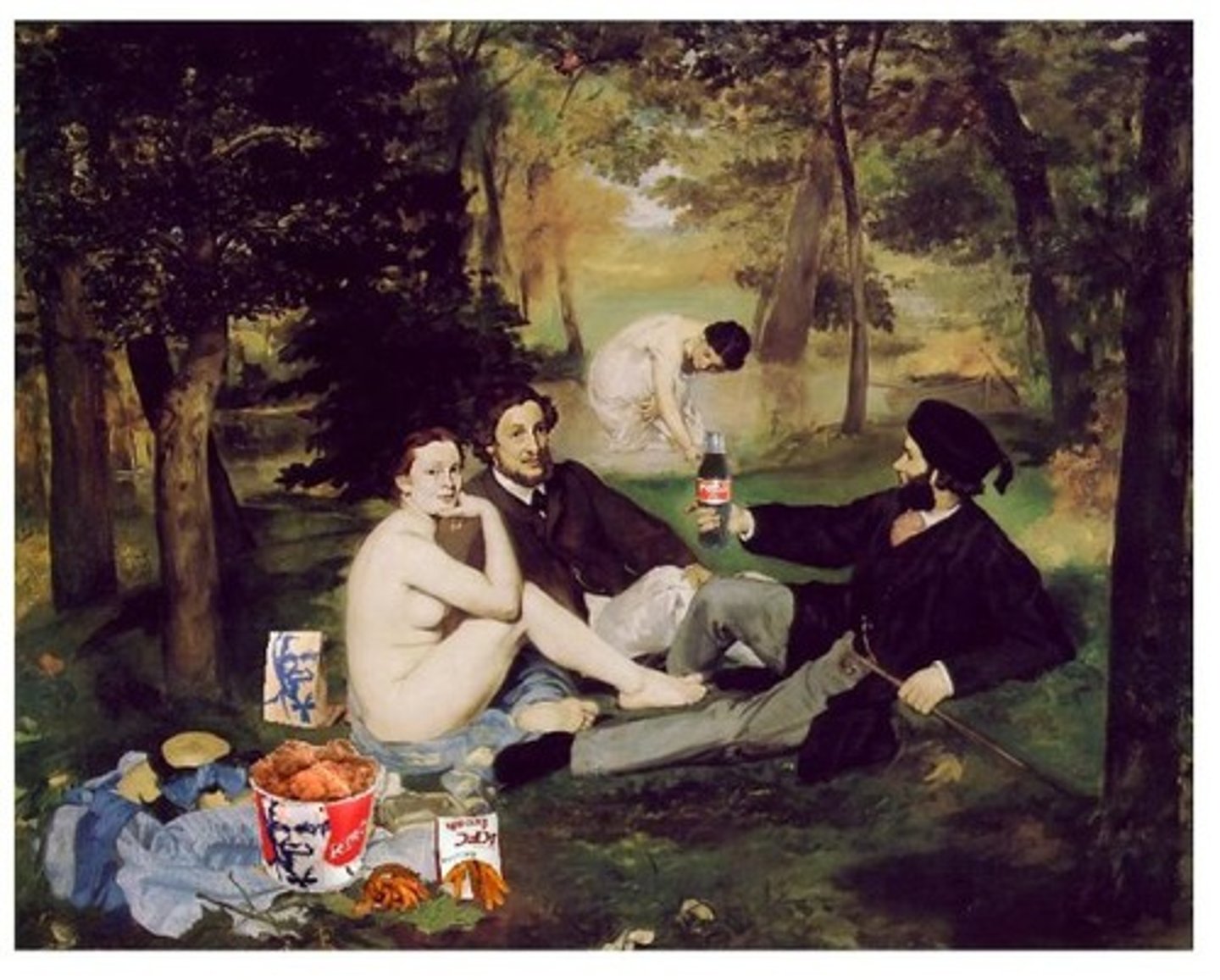
Ralph Waldo Emerson
American transcendentalist who was against slavery and stressed self-reliance, optimism, self-improvement, self-confidence, and freedom. He was a prime example of a transcendentalist and helped further the movement.
Henry David Thoreau
American transcendentalist who was against a government that supported slavery. He wrote down his beliefs in Walden. He started the movement of civil-disobedience when he refused to pay the toll-tax to support the Mexican War.
Walt Whitman
American poet and transcendentalist who was famous for his beliefs on nature, as demonstrated in his book, Leaves of Grass. He was therefore an important part for the buildup of American literature and breaking the traditional rhyme method in writing poetry.
Louis Pasteur
A French chemist, this man discovered that heat could kill bacteria that otherwise spoiled liquids including milk, wine, and beer.
L.J.M. Daguerre
French artist and photographer, recognized for his invention of the eponymous daguerreotype process of photography. He became known as one of the fathers of photography.
The daguerreotype is a direct-positive process, creating a highly detailed image on a sheet of copper plated with a thin coat of silver without the use of a negative. The process required great care. The silver-plated copper plate had first to be cleaned and polished until the surface looked like a mirror.
Herman Melville
American writer whose experiences at sea provided the factual basis of Moby-Dick (1851), considered among the greatest American novels
Charles Baudelaire
a French poet who also produced notable work as an essayist, art critic, and pioneering translator of Edgar Allan Poe. He wrote The Flowers of Evil.
Emily Dickinson
Reclusive New England poet who wrote about love, death, and immortality.
Notable works: Because I could not stop for death, I am nobody! who are you?, I heard a fly buzz-- when I died
Johann von Goethe
considered one of the greatest writers of the world; the most popular work is Faust
Emily Bronte
Wuthering Heights, now considered a classic of English literature, is the only published novel by this author.
William Blake
The Chimney Sweeper
Robert Lewis Stevenson
Treasure Island, Strange Case of Dr. Jekyll and Mr. Hyde
Eadweard Muybridge
United States motion-picture pioneer remembered for his pictures of running horses taken with a series of still cameras (known as the horse in motion)
Leo Tolstoy
wrote Anna Karenina, War and Peace; Russian writer, realistic fiction